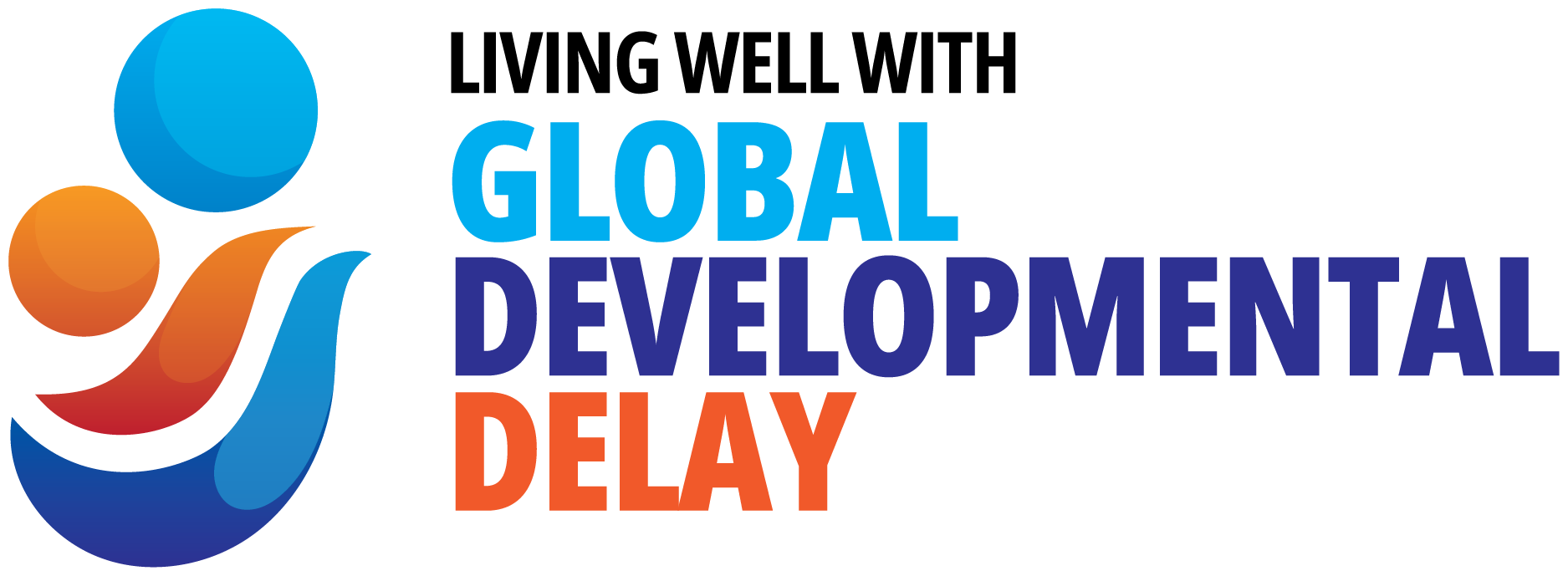- There is no right or wrong way to feel
- Along the journey from first noticing your child may have a delay you may have some strong feelings including grief, denial, anger, and sadness. Some have described this journey as an ‘emotional rollercoaster’
- Make space for your feelings and know that getting support and connection can help you feel better
- You are the most important person to your child, cherish this special relationship and your role as a parent
Parents’ feelings when their child’s development is delayed
Key Message

Every child and every family is different. Your feelings as you take the journey from noticing your child may have a delay, to diagnosis, and beyond may also be different from that of other parents. There is no right or wrong way to feel.

Parents and carers of a child with a delay often describe the journey as an ‘emotional rollercoaster’. You may have a range of feelings, some positive and some negative, and feelings change at different times in the journey.
You may first notice ‘something is wrong’ and struggle to find help and information. This can be time-consuming and frustrating, but you can also meet some amazing professionals along the way who provide invaluable help. When your child receives a diagnosis of Global Developmental Delay, you may respond with relief that you have some answers and/or grief that you have lost something. You may feel like you have lost your sense of direction and be in denial about the situation. You may feel angry and blame yourself or others. You may feel very sad, and this can be a time of stress. Mothers and fathers are both likely to have these feelings.
How parents and carers respond to their child’s delay or diagnosis depends on many factors. This can include culture and religious beliefs. For example, it has been found that non-Aboriginal caregivers focus on how the diagnosis might affect their child’s interactions with healthcare and school, while Aboriginal caregivers might think about the diagnosis in the context of family networks and community. While some parents may turn to their faith at this time, some religions view a delay as a gift while others see it as a source of shame. These beliefs will influence parents’ feelings.
Once the delay has been identified, parents and carers typically spend a lot of energy trying to access services for their child and family. This can be difficult if you live in an area where there are few services and supports, or do not have adequate funds. Families from different cultural and language backgrounds may have additional challenges accessing resources and support, and may benefit from asking for interpreters to help. Some parents may have a feeling of ‘chronic uncertainty’ as they try different strategies and become concerned about what the future holds.
While it is important to be prepared for a complex road ahead, it is helpful to know that most parents adjust positively to their child having a delay. Parents and carers can go on to view the delay as a piece of good fortune and achieve fulfilment, a sense of purpose, and belonging. The two main coping strategies to achieve this are to advocate for your child, and to obtain support. You can find out more about how to take care of yourself and your family along this journey: Caring for Yourself , Caring for Family. In the meantime, hear about one parent’s emotional journey and feelings of hope and happiness as they parent their child with Global Developmental Delay.
If you feel distressed thinking and reading about this topic,
talk to your GP or health professional. You can also call Lifeline on 131 114.
Hamilton, Maslen, S., Watkins, R., Conigrave, K., Freeman, J., O’Donnell, M., Mutch, R. C., & Bower, C. (2020). ‘That thing in his head’: Aboriginal and non‐Aboriginal Australian caregiver responses to neurodevelopmental disability diagnoses. Sociology of Health & Illness, 42(7), 1581–1596.
Kamga, K. K., De Vries, J., Nguefack, S., Munung, S. N. & Wonkam, A. (2020) Lived experiences of Fragile X Syndrome caregivers: A scoping review of qualitative studies. Frontal Neurology, 11.
Kiernan, J., Mitchell, D., Stansfield, J. & Taylor, C. (2019) Mothers’ perspectives on the lived experience of children with intellectual disability and challenging behaviour. Journal of Intellectual Disability, 23(2), 175-189.
Marsh, L., Warren, P., & Savage, E. (2018). “Something was wrong”: A narrative inquiry of becoming a father of a child with an intellectual disability in Ireland. British Journal of Learning Disabilities, 46, 216-224.
Neece, C., McIntyre, L., & Fenning, R. (2020). Examining the impact of COVID‐19 in ethnically diverse families with young children with intellectual and developmental disabilities. Journal of Intellectual Disability Research, 64(10), 739-749.
O’ Connor, Carpenter, B., & Coughlan, B. (2021). Confident championing: A grounded theory of parental adjustment following a child’s diagnosis of developmental disability. British Journal of Learning Disabilities, 49(2), 247–258.
Reeder, J., & Morris, J. (2021). Managing the uncertainty associated with being a parent of a child with a long-term disability. Child Care Health Dev. 1-9.
Singer, G. H. (2006). Meta-analysis of comparative studies of depression in mothers of children with and without developmental disabilities. American Journal of Mental Retardation, 111(3), 155–169.
Webster, R. I., Majnemer, A., Platt, R. W. & Shevell, M. I. (2008). Child health and parental stress in school-age children with a preschool diagnosis of developmental delay. Journal of Child Neurology, 23(1), 32-38.
Zhang, & Li, Q. (2021). “It Would be Harder Without Faith”: An Exploratory Study of Low-Income Families’ Experiences of Early Childhood Inclusive Education in New Zealand. Journal of Religion and Health, 60(6), 4151–4166.
